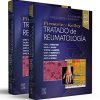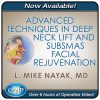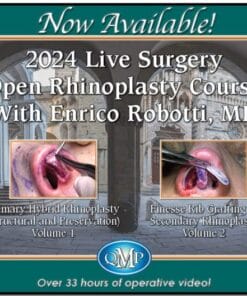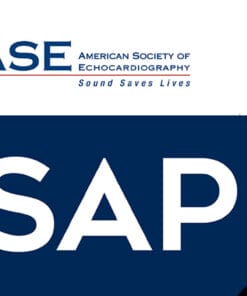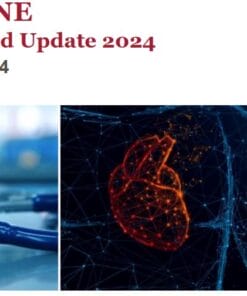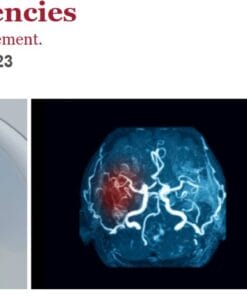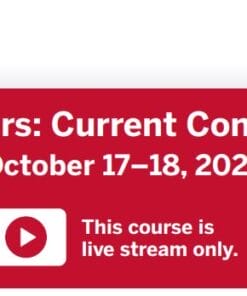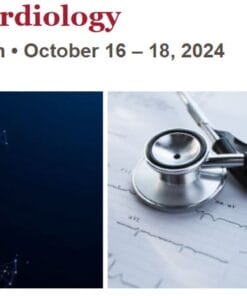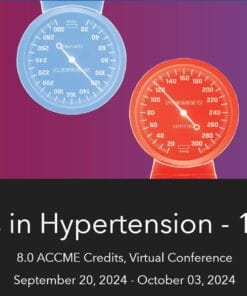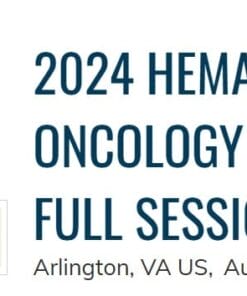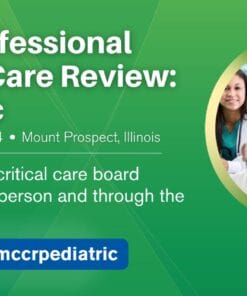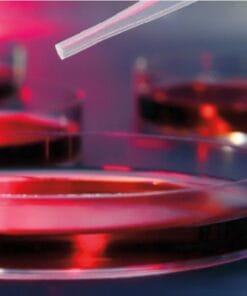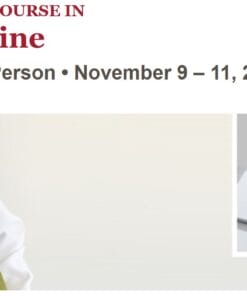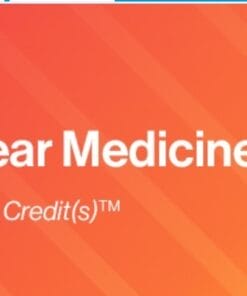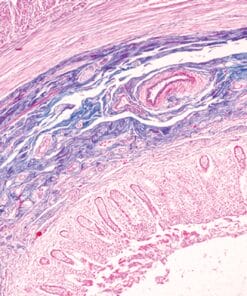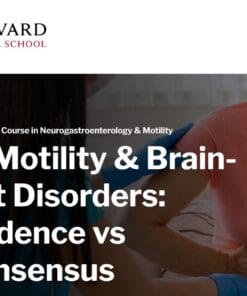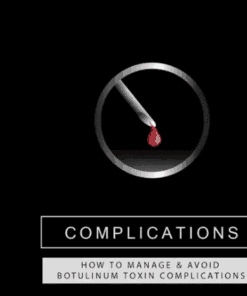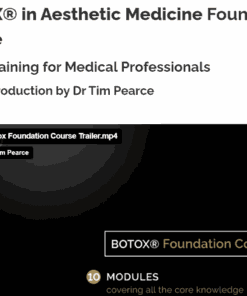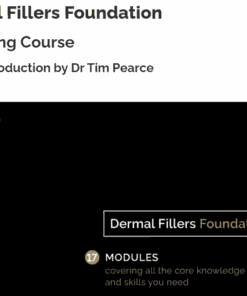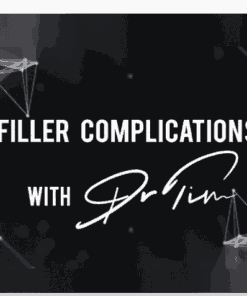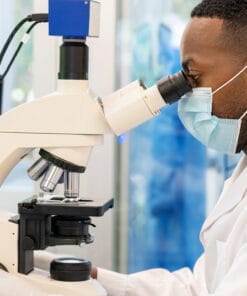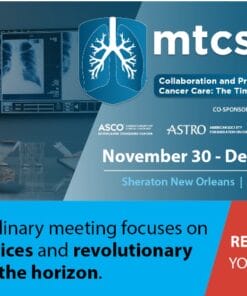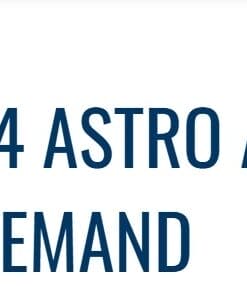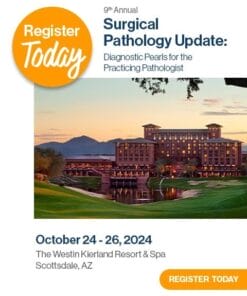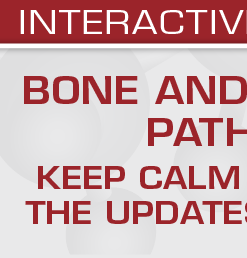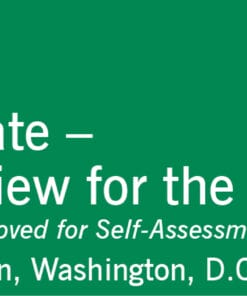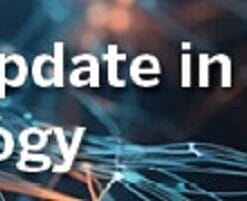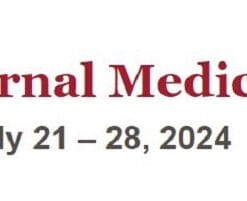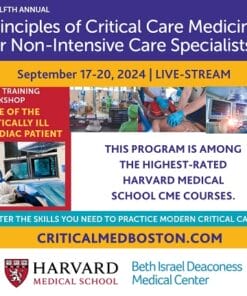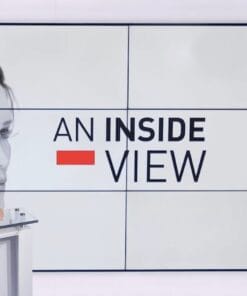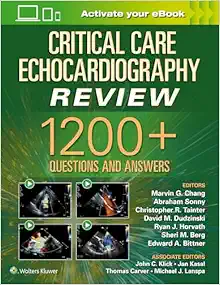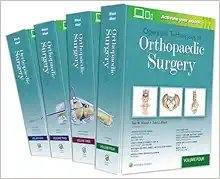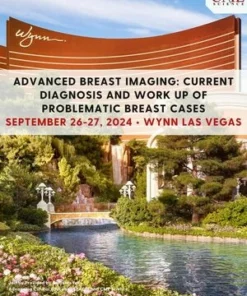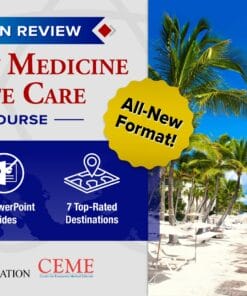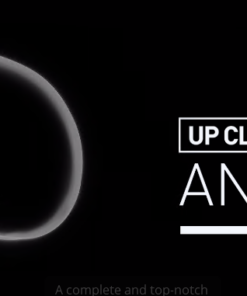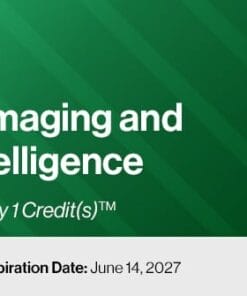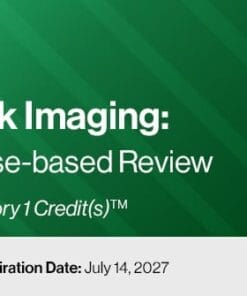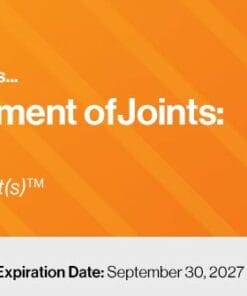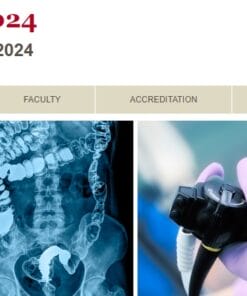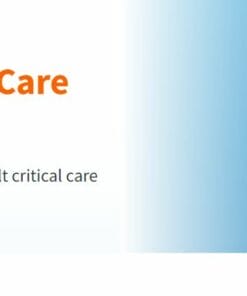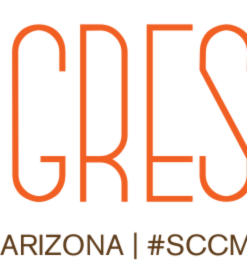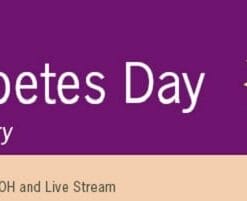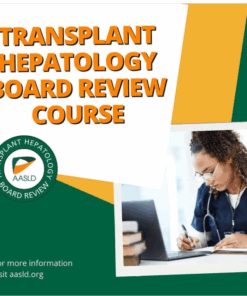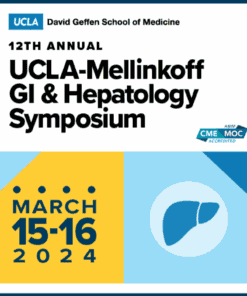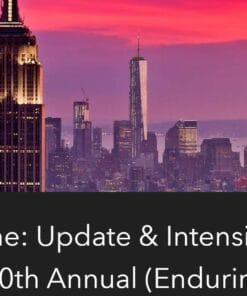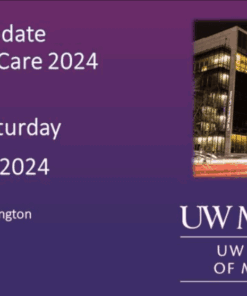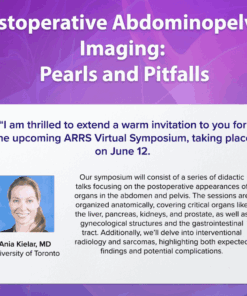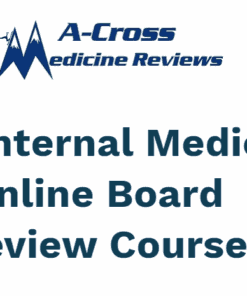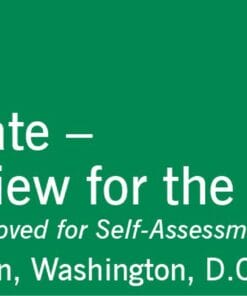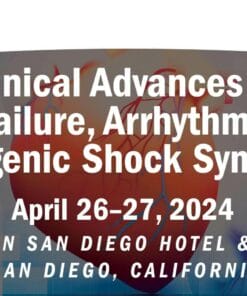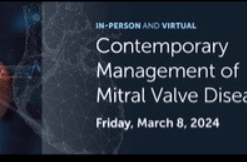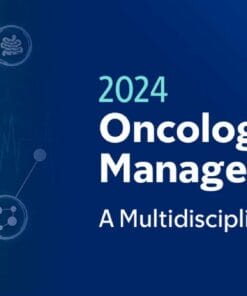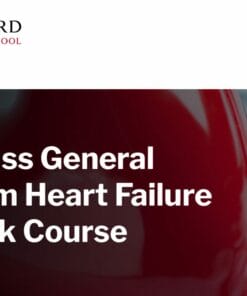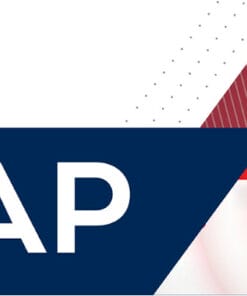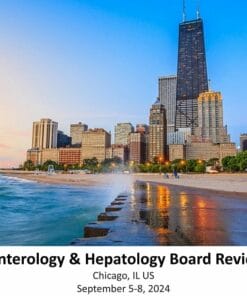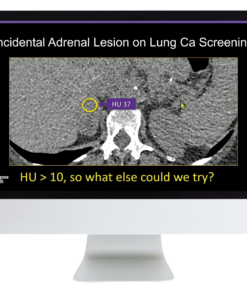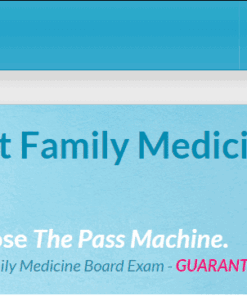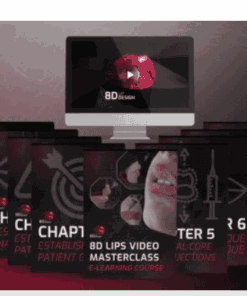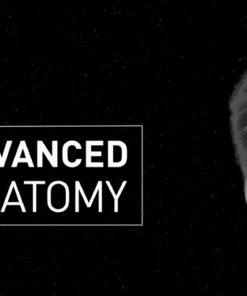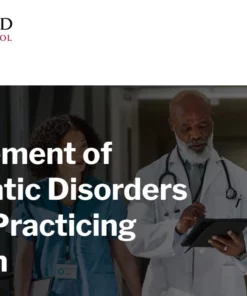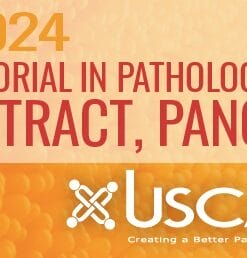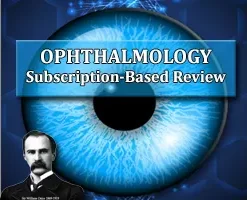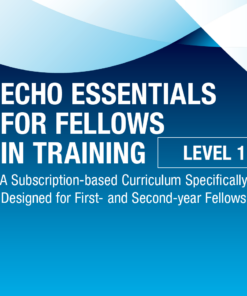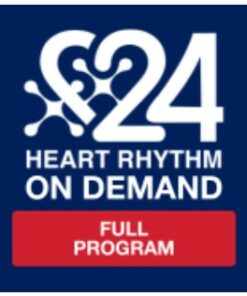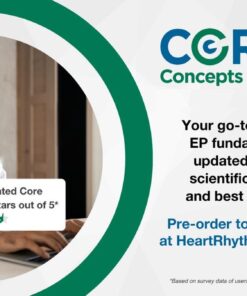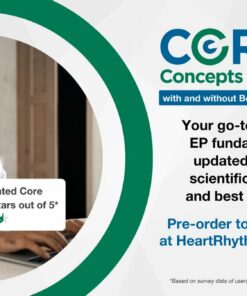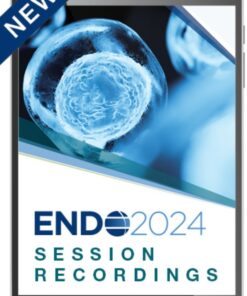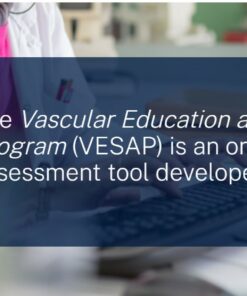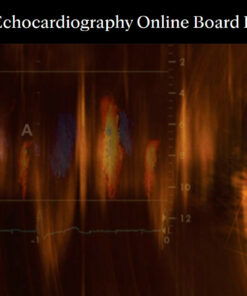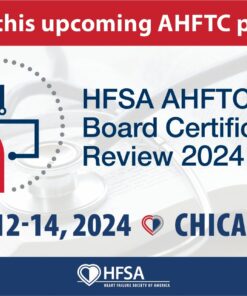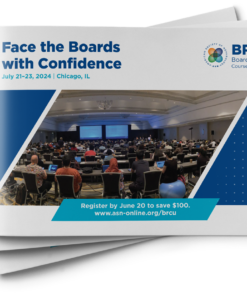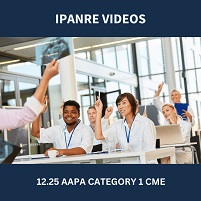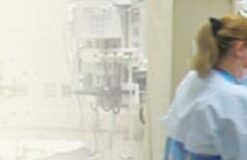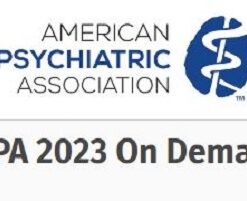The following intensive care problems, techniques and updates will be addressed in this comprehensive course in addition to considerations for the care of COVID-19 positive patients:
- Mechanical ventilation and patient-ventilator interactions
- Non-invasive ventilation and high-flow nasal cannula
- Nutrition in the ICU
- Point-of-care ultrasound utilization in the ICU
- Advancements in post-resuscitation care
- End-of-life care in the ICU
- Shock and vasopressors
- Sedation and delirium
- Sleep in the ICU
- Pulmonary embolism
- Post-intensive care syndrome
- Refractory hypoxemia and ARDS
- ECMO
- Ventilator troubleshooting
- Infectious emergencies and updates in antimicrobial selection
- Toxidromes
- Airway management
- Oncologic emergencies
- Acute liver failure
- Time Limited Trials in the ICU
- Severe acid-base and electrolyte disturbances
Program :
| 8:00 AM | 8:10 AM | Welcome from the Course Directors |
| 8:10 AM | 8:50 AM | A Case-Based Approach to Shock and Vasopressors |
| 8:50 AM | 9:00 AM | Burning Clinical Question: Should I Use Midodrine to Get My Patient off Vasopressors?* |
| 9:00 AM | 9:05 AM | Stretch |
| 9:05 AM | 9:35 AM | Oncologic Emergencies for the General Intensivist* |
| 9:35 AM | 10:10 AM | A Case-Based Approach to Common Arrhythmias |
| 10:10 AM | 10:20 AM | Burning Clinical Question: Can I Convert A-Fib to Sinus Without Anticoagulation?* |
| 10:20 AM | 10:40 AM | Break and Guided Meditation✻ |
| 10:40 AM | 11:15 AM | Updates in the Management of Massive and Submassive PE |
| 11:15 AM | 11:45 AM | Heart Failure in the ICU: Tips and Tricks for Diagnosis and Management |
| 11:45 AM | 12:00 PM | Burning Clinical Question: What’s the Right Ratio in Hemorrhagic Shock?* |
| 12:00 PM | 12:55 PM | Lunch Break |
| 12:55 PM | 1:45 PM | Vents 101: A Review for Beginners |
| 1:45 PM | 1:55 PM | Stretch |
| 1:55 PM | 2:25 PM | The Management of Critically Ill COVID Patients in 2022* |
| 2:25 PM | 3:00 PM | Critical Illness Survivorship: What the ICU Team MUST Know |
| 3:00 PM | 3:20 PM | Break and Rejuvenation Exercises✻ |
| 3:20 PM | 3:53 PM | Infectious Disease Emergencies You Cannot Miss* |
| 3:53 PM | 4:25 PM | Antibiotics Stat: Best Practices for Empiric Coverage for Sepsis |
| 4:25 PM | 4:30 PM | Stretch |
| 4:30 PM | 4:40 PM | Quick Hit: Tips for Anticoagulant Reversal |
| 4:40 PM | 5:10 PM | We Got ROSC! Now What…? |
| 5:10 PM | 5:50 PM | Doubling Down on the D Word to Improve Communication and Culture in your ICU: Care of the Dying Patient* |
| 5:50 PM | 5:55 PM | Bringing It All Together |
| 8:00 AM | 8:05 AM | Day 2: Introduction and Overview |
| 8:05 AM | 8:55 AM | #Sedation Goals: Best Practices for Managing Pain, Agitation and Delirium |
| 8:55 AM | 9:05 AM | Burning Clinical Question: When Do I Need to Stop Propofol for High Triglycerides?* |
| 9:05 AM | 9:10 AM | Stretch |
| 9:10 AM | 9:55 AM | An Evidence-Based Approach Hypoxic Respiratory Failure |
| 9:55 AM | 10:05 AM | Burning Clinical Question: How Do I Care for the Paralyzed Patient?* |
| 10:05 AM | 10:25 AM | Break and Guided Meditation✻ |
| 10:25 AM | 11:00 AM | High Flow, Low Flow: Deciphering Oxygen Delivery Devices |
| 11:00 AM | 11:10 AM | Burning Clinical Question: What is a Time-Limited Trial?* |
| 11:10 AM | 11:40 AM | Critical Thinking in Critical Care: Thinking Strategies to Minimize Cognitive Errors in the ICU* |
| 11:40 AM | 11:50 AM | Quick Hit: The Process of Proning |
| 11:50 AM | 12:40 PM | Lunch Break |
| 12:40 PM | 1:30 PM | Vents 102: Troubleshooting the Ventilator – Your Knowledge from Plateau to Peak |
| 1:30 PM | 1:35 PM | Stretch |
| 1:35 PM | 2:05 PM | Updates on the Use of Non-Invasive Ventilation in the ICU |
| 2:05 PM | 2:26 PM | Tracheostomy Tips for the General Intensivist |
| 2:26 PM | 2:40 PM | Burning Clinical Question: Should This Patient with Respiratory Failure Get Steroids?* |
| 2:40 PM | 3:00 PM | Break and Rejuvenation Exercises✻ |
| 3:00 PM | 3:45 PM | Bedside Tools for Evaluation of Shock |
| 3:45 PM | 3:55 PM | Burning Clinical Question: Does My Patient Need Stress Ulcer Prophylaxis? |
| 3:55 PM | 4:35 PM | Best Practices for Vent Weaning and Liberation |
| 4:35 PM | 4:40 PM | Stretch |
| 4:40 PM | 5:10 PM | Diagnosis and Management of Pneumothoraces in the ICU |
| 5:10 PM | 5:20 PM | Quick Hit: Intubation Pearls for the Non-Intubator |
| 5:20 PM | 5:30 PM | Quick Hit: Post-Extubation Stridor |
| 5:30 PM | 6:10 PM | It’s 3am and Your Pager Goes Off…Challenging Cases in Critical Care |
| 8:00 AM | 8:05 AM | Day 3: Introduction and Overview |
| 8:05 AM | 8:45 AM | Toxicology Cases: What the Intensivist Must Know in 2022* |
| 8:45 AM | 9:05 AM | Quick Hit: Improving Sleep in the ICU |
| 9:05 AM | 9:10 AM | Stretch |
| 9:10 AM | 9:20 AM | Burning Clinical Question: How Should I Communicate with My Intubated Patient?* |
| 9:20 AM | 10:00 AM | A Case-Based Approach to Altered Mental Status |
| 10:00 AM | 10:20 AM | Break and Guided Meditation✻ |
| SPECIAL WORKSHOP | ||
| 10:20 AM | 11:10 AM | Trials and Tribulations of Transferring Critically Ill Patients* |
| 11:10 AM | 11:35 AM | When Pressors are Not Enough: The ABCs of Mechanical Circulatory Support |
| 11:35 AM | 11:40 AM | Stretch |
| 11:40 AM | 12:10 PM | ECMO 101: What It Is and When to Refer |
| 12:10 PM | 1:00 PM | Lunch Break |
| 1:00 PM | 1:35 PM | A Case-Based Approach to Acid Base Disorders in the ICU |
| 1:35 PM | 2:05 PM | A Case-Based Approach to Electrolyte Abnormalities in the ICU |
| 2:05 PM | 2:15 PM | Burning Clinical Question: When Should I Start TPN? |
| 2:15 PM | 2:35 PM | Break and Rejuvenation Exercises✻ |
| 2:35 PM | 3:15 PM | Point-of-Care Ultrasound: A Live Patient Demonstration of What the Intensivist Must Know – Part 1 (The Basics) |
| 3:15 PM | 3:25 PM | Stretch |
| 3:25 PM | 4:05 PM | Point-of-Care Ultrasound: A Live Patient Demonstration of What the Intensivist Must Know – Part 2 |
| 4:05 PM | 4:10 PM | Stretch |
| 4:10 PM | 4:45 PM | When Airway Obstruction Becomes Critical: AECOPD and Status Asthmaticus* |
| 4:45 PM | 5:20 PM | Clinician, Heal Thyself: Self-Care to Mitigate Burnout During the Pandemic |
| 5:20 PM | 5:25 PM | Closing Remarks |


